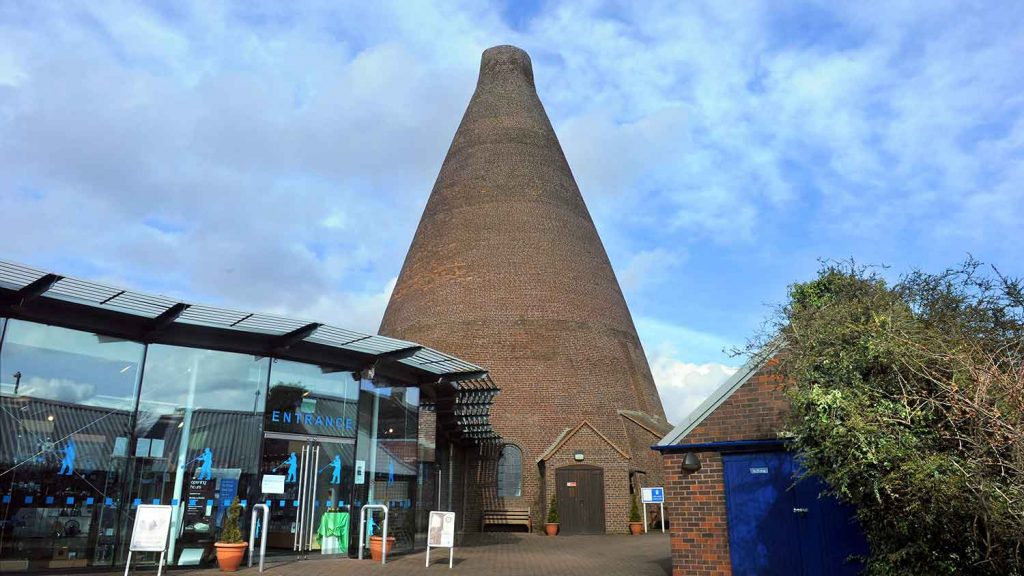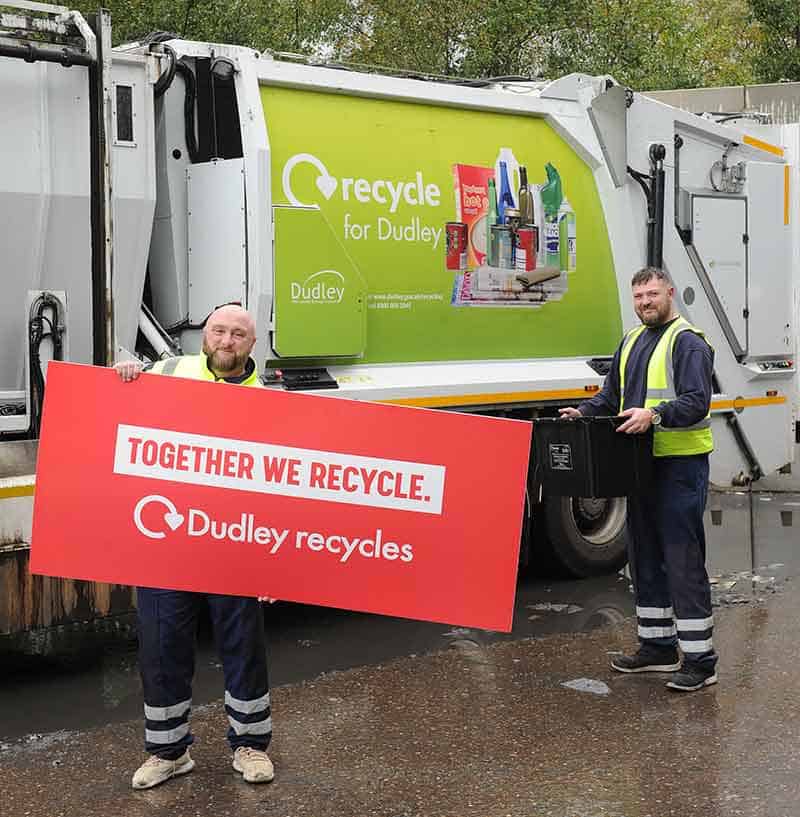Setting up a scrutiny process in the middle of a pandemic might seem a crazy thing to do.
I know a few eyebrows may have been raised by extremely busy officers when we announced this cross-party exercise.
But what better time to learn, and implement that learning, than while this national crisis is ongoing?
We could wait until the pandemic is over, but we want to do our absolute utmost to help our residents and partners now. Scrutiny helps us do this.
We dedicated three autumn meetings of our Health and Adult Social Care Scrutiny Committee to assess the system-wide response to COVID-19.
We’ve looked at access to personal protective equipment (PPE) and how we addressed the significant issue of lack of supplies nationally, by pooling our purchasing (and vetting) power with our fellow Black Country authorities.
We’ve looked at how our emergency planning team responded – in pretty good form, as we’d run through an intensive pandemic training exercise earlier in 2019 and already implemented improvements, most notably in communicating across organisations and out to our communities.
“What better time to learn than while this crisis is ongoing?”
This, in turn, has fed into an analysis of our COVID-19 communications strategy and the importance of keeping the public informed – which has proven to be robust and effective, with nearly 70 per cent of residents agreeing or strongly agreeing that the council keeps residents informed about its services.
We also looked at the impact on children’s services, which, thankfully, was very much business as usual – quickly embracing and using virtual ways of communicating to carry on with essential tasks, such as social work visits, adoption processes and safeguarding reviews.
There were many positive responses from service users, who found the approach less intimidating – and we actually saw an increase in engagement with young people, keen to use this new technology.

The Red House Glass Cone visitor attraction 
Recycling crew at the depot
We’ve addressed the impact on housing services, highways, household waste and recycling, licensing, enforcement, street cleansing, safe management of parks and green spaces, and more.
We’ve scrutinised our work with partners such as the ambulance service, community and voluntary sector, the business community and the police, who we met with twice a week to ensure that we were supporting each other’s work in areas such as domestic abuse, exploitation, scams and anti-social behaviour.
Our most recent meeting looked at the financial implications of COVID-19 and its impact on specific communities, including our black, Asian and minority ethnic communities, deprived communities, those already financially struggling on benefits or low incomes, and those with existing long-term health issues.
We’ve also looked at how our democratic services team has adapted to the pandemic, proving the council’s constitution ‘fit for purpose’, making use of delegated decisions, hosting council meetings online and opening them up to the press and members of the public.
By putting all COVID-19-related activity under one scrutiny committee, as opposed to various committees working on different elements, we have ensured we get the most out of the process.
I’m really proud of what we’ve achieved. We’ve shown that you can learn, even in the midst of a crisis, and by taking this unusual approach, we can actually help to plan and make the best-informed decisions for our residents.